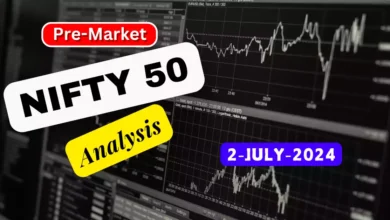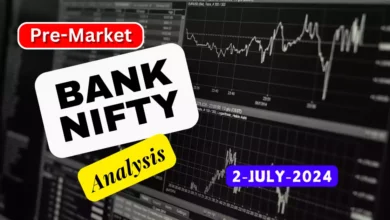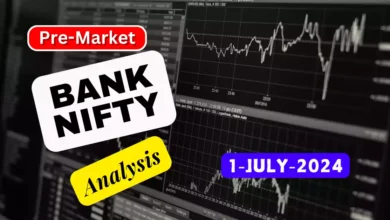
Six different large amount transactions should be avoided by taxpayers, especially if they are made in cash, as the Income Tax Department has stepped up its surveillance.
All large amount transactions involving any customer must be reported to the Income Tax Department by banks, intermediaries, and other businesses; failure to do so will result in penalties.
Higher amount transactions must be reported in the income tax return if the taxpayer makes them. When taxpayers participate in large amount transactions but fail to disclose them on their ITR, the department collaborates with other governmental organizations to gather financial information from them.
Look at the following transactions on a list of those for which a taxpayer could get a notice from the Income Tax Department:
India’s top SBI life insurance plan for 2022
A list of significant transactions
Deposits into current and savings accounts
Any transaction involving a savings account that exceeds Rs. 10 lakhs in a fiscal year must be reported by banks to the IT department. Similar to that, the 50-lakh limitation applies to current accounts.
Bank fixed deposits
The IT department must be notified when cash deposits into bank FD accounts surpass 10 lakhs. Banks must declare the transactions by filing form 61A, a statement of financial transactions, if the total amount placed in a single or a series of fixed deposits exceeds the prescribed limitations.

how to make upi payments without internet
Payment of credit card debts
The IT department must be notified when cash deposits into bank FD accounts surpass 10 lakhs. Banks must declare the transactions by filing form 61A, a statement of financial transactions, if the total amount placed in a single or a series of fixed deposits exceeds the prescribed limitations.
Property sales or purchases
Any sale or acquisition of a moveable property valued at more than Rs 30 lakhs must be reported to the tax authorities by all property registrars and sub-registrars in the nation.
Gift Tax 2022: How Different Gift Sources Are Taxed
Bonds, debentures, mutual funds, and stocks
The maximum amount of cash that may be invested in mutual funds, equities, bonds, or debentures in a fiscal year is 10 lakhs.
The tax authorities employ the Annual Information Return (AIR) statement, which includes financial transaction information, to keep track of large amount transactions. Part E of your Form 26AS contains all information about large amount transactions.

Purchasing foreign currency
Payments made with debit or credit cards, traveler’s checks, forex cards, and amounts totaling at least Rs. 10 lakhs must be reported to the income tax office.
SBI Debit Card PIN Generation: Step by Step Procedure.
The proper disclosure of all transactions in tax returns is the responsibility of the taxpayer.
FAQ
- What is Income Tax Notice?
All large amount transactions involving any customer must be reported to the Income Tax Department by banks, intermediaries, and other businesses; failure to do so will result in penalties. Higher amount transactions must be reported in the income tax return if the taxpayer makes them.
When taxpayers participate in large amount transactions but fail to disclose them on their ITR, the department collaborates with other governmental organizations to gather financial information from them.
- What are all the list of significant transactions?
Purchasing foreign currency, Bonds, debentures, mutual funds, and stocks, Property sales or purchases, Payment of credit card debts, Bank fixed deposits, Deposits into current and savings accounts,
- How Taxation and Exemptions for Leave Encashment works?
You have access to several forms of leave as a salaried employee, including annual and earned leave, sick leave, and casual leave. Now of retirement or resignation, many employers allow employees to cash in their accrued vacation time. Please click Here for more about this topic



